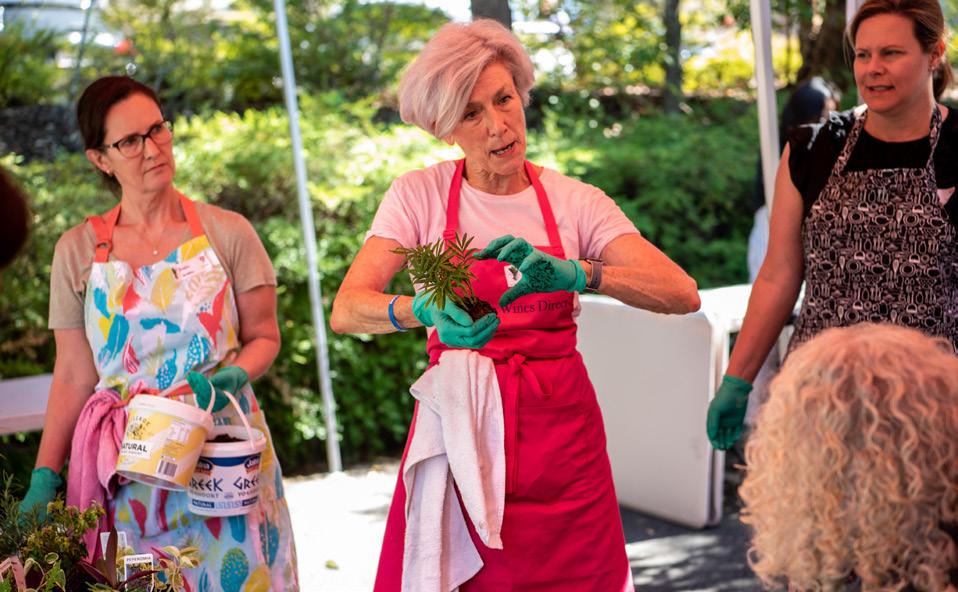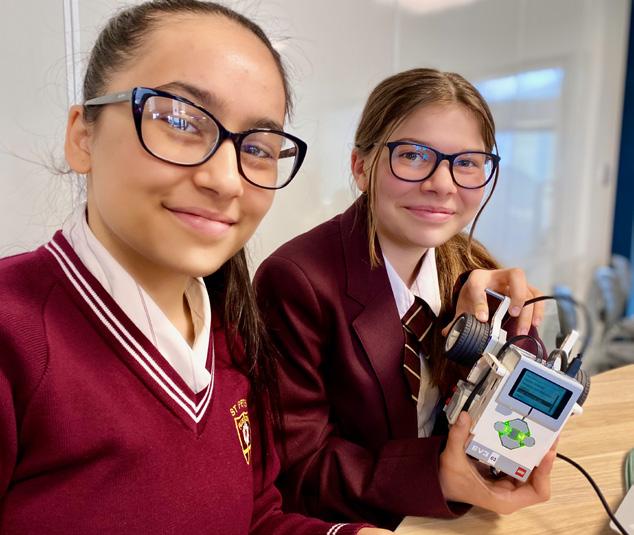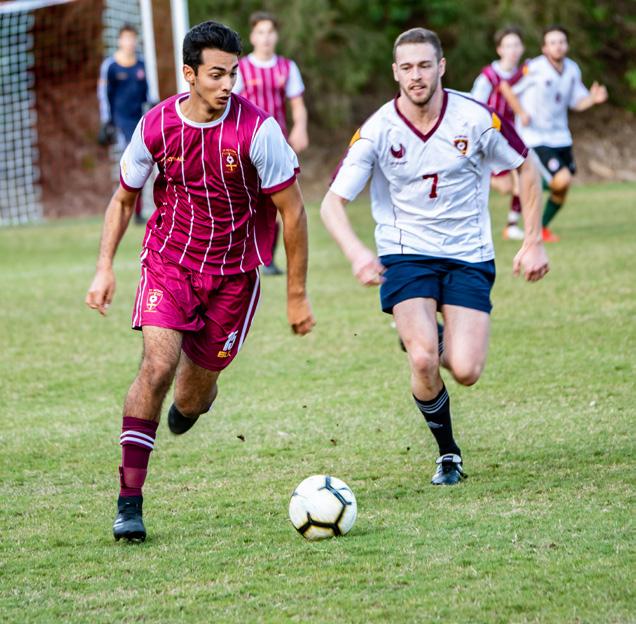
2 minute read
Head of College
COVID-19: LESSONS FROM THE PANDEMIC
TIM KOTZUR
head of college When most of us awoke on New Years Day I suspect very few would have predicted that 2020 would unfold the way that it has. It is certainly not the year I was hoping for. On the College’s 75th Founders Day back in February, in my remarks to our community I talked about some of the challenges faced by the early pioneers of St Peters seventy five years ago and how they overcame them. I said that, we know that there will be more challenges ahead in the next 75 years. When I penned those words I wasn’t being prophetic, and certainly didn’t have the challenge of a world-wide pandemic in mind.
As a result of the COVID-19 pandemic the future is not what we thought it was going to be a just a few short months ago. The pandemic has caused disruptions to business and society at a scale and speed unprecedented in the modern era. This pandemic has changed, and will continue to change, aspects of community, business, and organisations including education and schools forever. For many things in our lives, there will be a ‘new normal’.
This moment in time is forcing us to identify what we truly value about the experience of school; what should be undone about schools and reimagine what could the next normal look like; and how could schools reinvent themselves? Going forward, it will be important to identify innovations and changes that can be sustained into the ‘new normal’. Some of these changes and innovations - like online learning, greater flexibility in the school day, timetables and curriculum, and increased personalisation of learning - are exciting and have the potential to improve student learning and the student experience in real and meaningful ways. At the same time, the experiences of the pandemic have reminded us that while some form of online learning will need to be sustained, the move to online learning has shown nothing can replace the effect of face to face teaching. There is something irreplaceable about teachers and students coming together, face to face, to learn. It also strongly reinforced the need for belonging, community and close meaningful relationships that schools provide is an important aspect that we must not lose.
When it came to online learning (or what St Peters called ‘At Home Learning' during the period of lockdown through the pandemic) feedback suggests that our students appeared to enjoy the flexibility of managing their time and the opportunity to have more control over their own learning. We discovered they loved planning their own day. Many students responded incredibly well to being able to design the structure of their days - having choice not only about what they are doing, but also when, has revealed their self-knowledge and capacity to take personal responsibility. Some have taken breaks at very different times to those we offer at school. Some have chosen to work on more challenging tasks after they have ‘warmed up’. Some have started their days later but have still been incredibly productive. When students have been able to just run with their interests, the engagement has been massive. Many teachers have used this opportunity of At Home Learning to offer learners a chance to explore issues and challenges of significance to them. There have been some remarkable personal inquiry journeys taken during this period. Students have had the time to take their interests deeper and wider that would not have been possible under the rigidity of a ‘normal’ school day.










